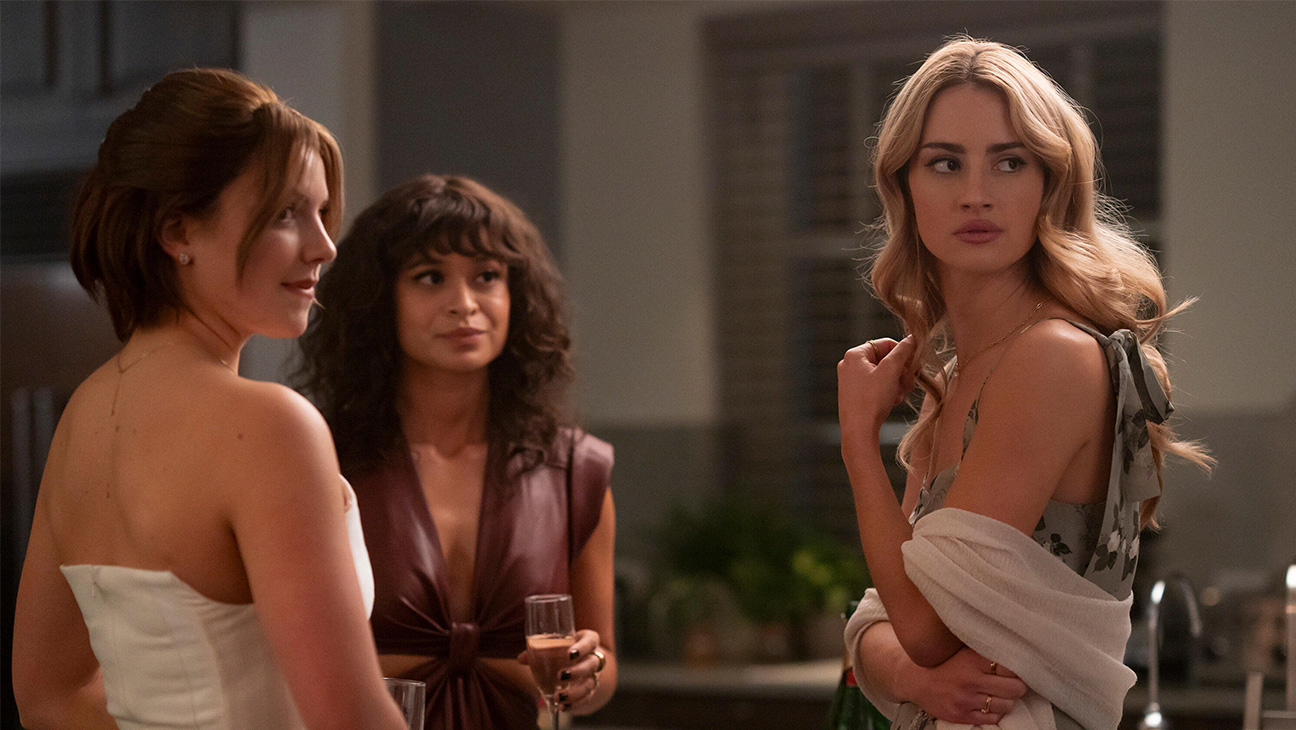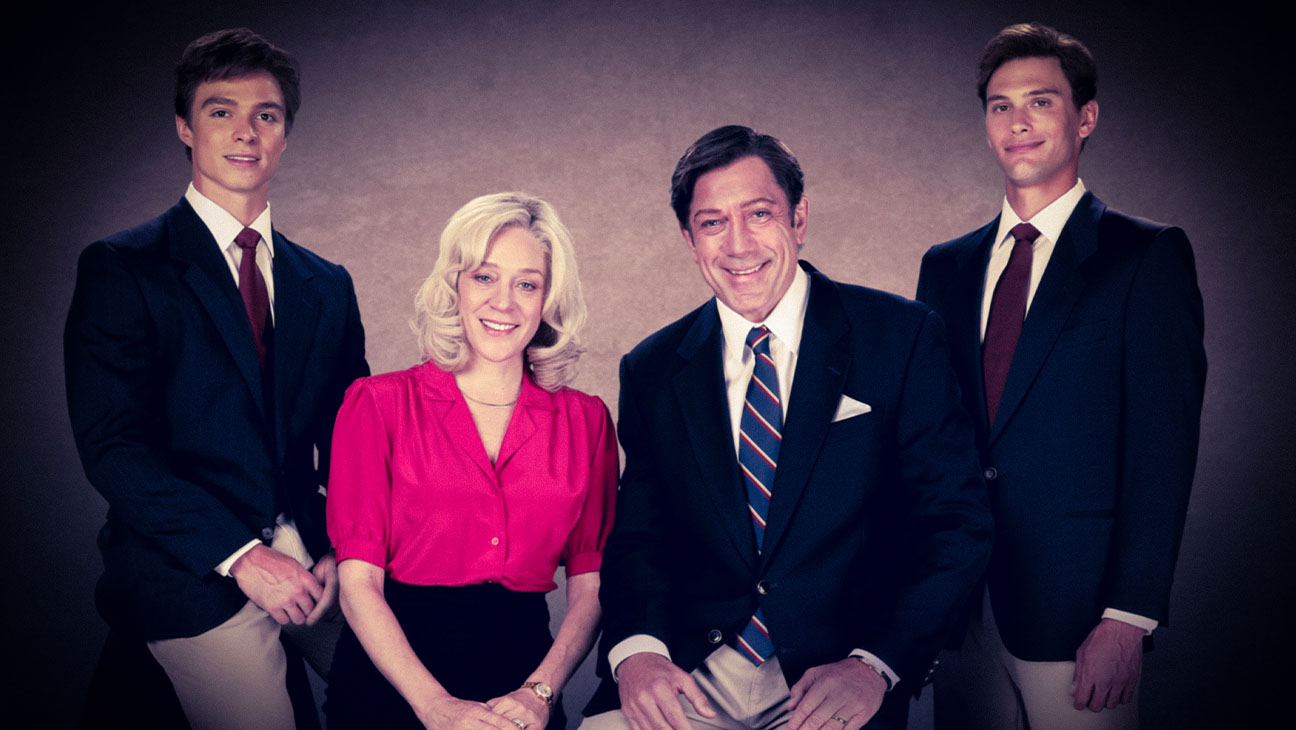The Venice Film Festival is buzzing over director Brady Corbet’s monumental historical drama The Brutalist, starring Adrien Brody, Felicity Jones and Guy Pearce. The film won’t officially premiere until Sunday night, but the thunderous applause and rapt excitement that followed the film out of its first press screenings on the Lido has many festival-goers speculating that it’s the movie to beat for this year’s Golden Lion.
With a 3.5-hour runtime and a ten-minute intermission in the middle, the film has all the thematic heft and intellectual rigor befitting its subject: the historical trauma and artistic vision that gave rise to the great works of mid-century American Brutalist architecture.
The Brutalist chronicles the journey of Hungarian-born Jewish architect, László Tóth (Brody), who emigrates to the United States in 1947 to experience the “American dream.” Initially forced to toil in poverty, he soon wins a contract with a mysterious and wealthy client, Harrison Lee Van Buren (Pearce), that will change the course of the next 30 years of his life. Jones co-stars as Tóth’s wife Erzsébet while Joe Alwyn plays the rich industrial’s mercurial son. Corbet and his wife, Norwegian filmmaker and actress Mona Fastvold, co-wrote the film.
Although exhaustively researched, The Brutalist is a work of fiction. Corbet said he had tried to find an example of one of the great Bauhaus architects who became “stuck in the quagmire of the war” but was able to rebuild their lives in America,” consulting with French architect and architectural historian Jean-Louis Cohen, who died in August 2023.
“[He said] no, there are zero examples, which I found really haunting, because there were so many architects out of the Bauhaus that had so much talent, and we didn’t ever get to see what it was that they were planning to build for the future,” Corbet said. “This movie, unfortunately, is a fantasy film. So virtual history. This is the only way for me, accessing the past.”
Corbet said the movie is dedicated to those artists who “didn’t get to realize their visions.”
An auteurist work to the core and a triumph of directorial determination, the film took more than seven years to make — with various false starts and financing challenges — and it was shot on 70mm film stock in the mid-century VistaVision format. The beautiful retro format reportedly required the filmmakers to transport 26 reels of film, weighing some 300 pounds, to Italy for the film’s world premiere.
Corbet said he was deliberately referencing films from the past. “We were looking at a lot of the choreography of films like [Hitchcock’s] Rope and many films shot in VistaVision, because the camera back then was even bigger than it is now, and it sort of affected the mise en scene in a way,” the director said. So we tried to restrict ourselves — even though we are capable of putting a camera on a Steadicam and we have technology available to us that we didn’t used to — we did our best to try and evoke a bygone style of filmmaking.”
Guy Pearce said he found filming with an old-school film camera that was “so noisy” actually “sort of invigorating and exciting. For those of us who have sort of spanned the era of working on film and now working in the digital realm, it’s really lovely to work with machines that you know are actually working and have a sort of a time limit, you know, a film canister that only lasts 10 minutes, or whatever, and they have to check the gates. There’s sort of an organic process that belongs there, and you feel like a part of that.
Corbet grew emotional at several stages throughout the press conference when discussing the struggles of making The Brutalist and holding to his artistic vision for the movie.
“This was an incredibly difficult film to make. I’m very emotional today, because we’ve been working on it for seven years, and it felt urgent every day for the better part of a decade,” the director said. “And I I’m just really grateful to everyone that spent three and a half hours with it last night and will spend three and a half hours with it later today.”
Commenting on the film’s structure and extensive run time, Corbet noted that “this film does everything that we are told that we are not allowed to do,” but said he felt it “quite silly” to talk about the film’s running time as a negative.
“It’s like criticizing a book for being 700 pages versus 100 pages,” he said. “I’ve read great novellas. I’ve read great, you know, multi-volume masterpieces. And you know, for me, it’s just about how much story there is to tell. Maybe the next thing we’ll make will be 45 minutes.”
He noted that “there are many stories that cannot be told in Hollywood,” noting that the core story of the movie is “about a character that flees fascism only to encounter capitalism.”
The Brutalist‘s Venice premiere marks a return for Corbet to familiar turf. The actor-turned-auteur delivered his first film there, The Childhood of a Leader, winning the prestigious event’s prize for best debut film. He returned with the Natalie Portman and Jude Law starrer Vox Lux, which premiered in the festival’s main competition.
Corbet started his press conference by thanking the Venice Festival for supporting his films “when no one was [it] really it made my films possible.”
He closed the press conference with words of thanks for his wife, and co-screenwriter Fastvold, “who wrote this film with me and made this film with me, and stood by me when I was not the easiest person to deal with.”



